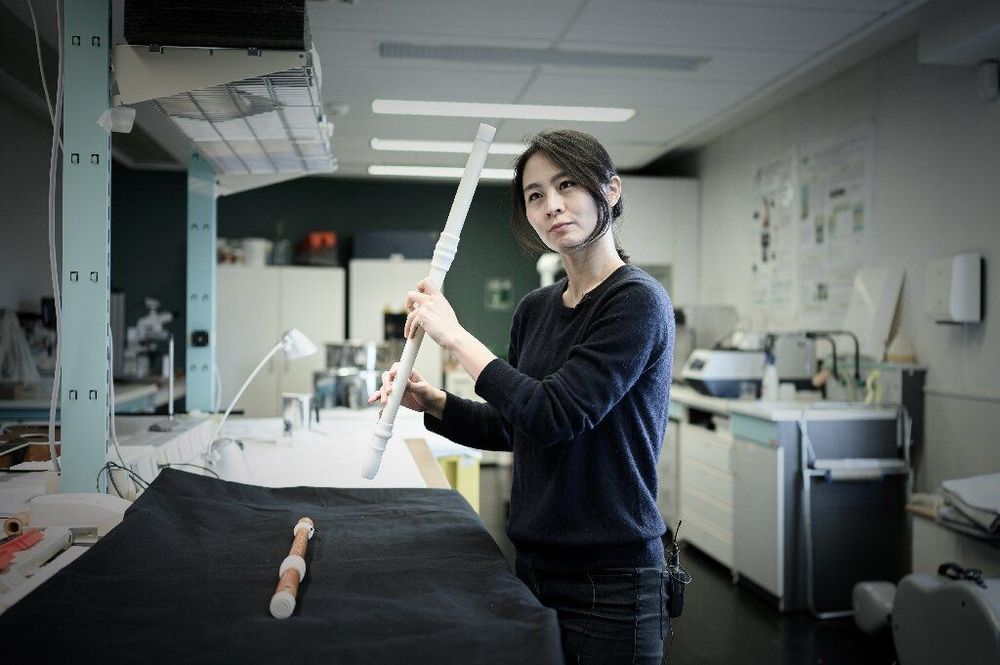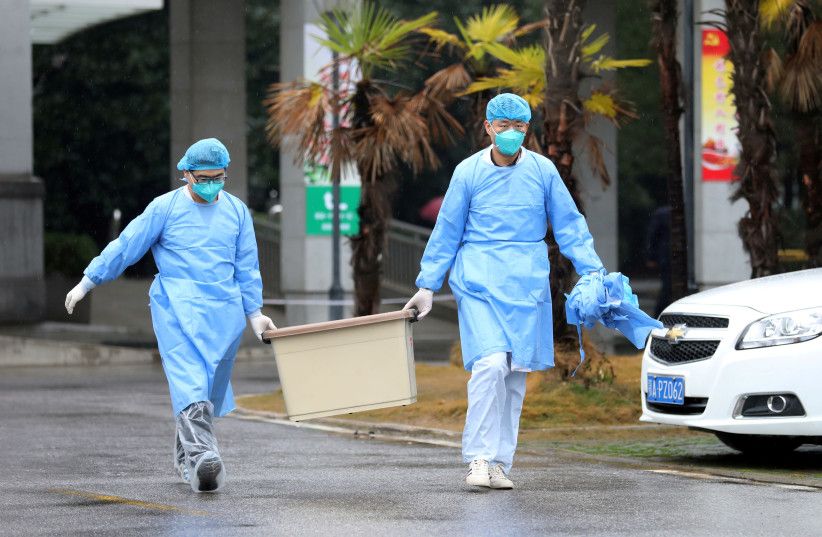Circa 2013 o.o! This could allow for a cancer cure.
Hint: What makes their skin elastic helps them fight tumors.


Circa 2013
Tigers and their close relatives (Panthera) are some of the world’s most endangered species. Here we report the de novo assembly of an Amur tiger whole-genome sequence as well as the genomic sequences of a white Bengal tiger, African lion, white African lion and snow leopard. Through comparative genetic analyses of these genomes, we find genetic signatures that may reflect molecular adaptations consistent with the big cats’ hypercarnivorous diet and muscle strength. We report a snow leopard-specific genetic determinant in EGLN1 (Met39Lys39), which is likely to be associated with adaptation to high altitude. We also detect a TYR 260GA mutation likely responsible for the white lion coat colour. Tiger and cat genomes show similar repeat composition and an appreciably conserved synteny. Genomic data from the five big cats provide an invaluable resource for resolving easily identifiable phenotypes evident in very close, but distinct, species.
Regenerative medicine and furthermore tissue engineering are realities for some time but well hidden from the public by msm somehow.
Dr. Stephen Badylak, Director of the Center for Pre-Clinical Tissue Engineering, McGowan Institute for Regenerative Medicine.
Badylak Lab: Research and Publications: http://www.mirm.pitt.edu/badylak/

“It regenerates almost anything after almost any injury that doesn’t kill it,” said Parker Flowers, postdoctoral associate in the lab of Craig Crews, the John C. Malone Professor of Molecular, Cellular, and Developmental Biology and professor of chemistry and pharmacology.
If scientists can find the genetic basis for the axolotl’s ability to regenerate, they might be able to find ways to restore damaged tissue in humans. But they have been thwarted in the attempt by another peculiarity of the axolotl — it has the largest genome of any animal yet sequenced, 10 times larger than that of humans.
Now Flowers and colleagues have found an ingenious way to circumvent the animal’s complex genome to identify at least two genes involved in regeneration, they report Jan. 28 in the journal eLife.
Do you think Xenobots is the early stage of nanobots, which could repair our body to achieve longevity escape velocity?
Scientists have created the world’s first living, self-healing robots using stem cells from frogs.
Named xenobots after the African clawed frog (Xenopus laevis) from which they take their stem cells, the machines are less than a millimeter (0.04 inches) wide — small enough to travel inside human bodies. They can walk and swim, survive for weeks without food, and work together in groups.
These are “entirely new life-forms,” said the University of Vermont, which conducted the research with Tufts University’s Allen Discovery Center.

When Mina Jang played the same melodious tune on two different flutes behind a screen, she said the examiners grading her couldn’t tell the difference.
Yet the two instruments were made in dramatically different ways.
One was a handmade version of an original early 18th-century flute crafted in 2001, while the other was made of white plastic and “cloned” using a 3D printer in 2019.

Chinese health officials have already been administering the HIV and flu drugs to fight the coronavirus. The use of the three together in a cocktail seemed to improve the treatment, the Thai doctors said.
Another doctor said that a similar approach in two other patients resulted in one displaying some allergic reaction but the other showed improvement.
“We have been following international practices, but the doctor increased the dosage of one of the drugs,” said Somsak Akkslim, director-general of the Medical Services Department, referring to the flu medicine Oseltamivir.
A compound found in sharks, known as Squalamine, is beleived to have potential as an antiviral medicine for humans. How will this affect sharks?

Circa 2018
Stem cells have been a source of much excitement in the medical community for years, as if they could be properly developed for use in humans doctors could theoretically use them to regrow missing body parts.
While the techniques have seen some success in the lab, the processes involved are complex and it will likely be some time before they become widely used in clinical practice.

When doctors in a Washington hospital sought to treat the first confirmed case of the Wuhan coronavirus in the United States on Wednesday, they tapped a device called Vici that allowed them to interact with their patient not in person, but through a screen.
The telehealth device, which looks like a tablet on wheels that doctors can use to talk to patients and perform basic diagnostic functions, like taking their temperature, is one of a handful of high-tech machines that doctors, airport workers, and hotel staff are using to help contain the outbreak that has been sweeping the world since it was discovered in Wuhan, China in late December.
“Caregivers provide care within the isolation unit, but technology is allowing us to reduce the number of up-close interactions,” says Dr. Amy Compton-Phillips, chief clinical officer at Providence Regional Medical Center in Everett, Washington, where the patient is being treated. Vici, made by Santa Barbara, California-based InTouch Health, resembles a tablet on wheels, and can protect caregivers from infection.